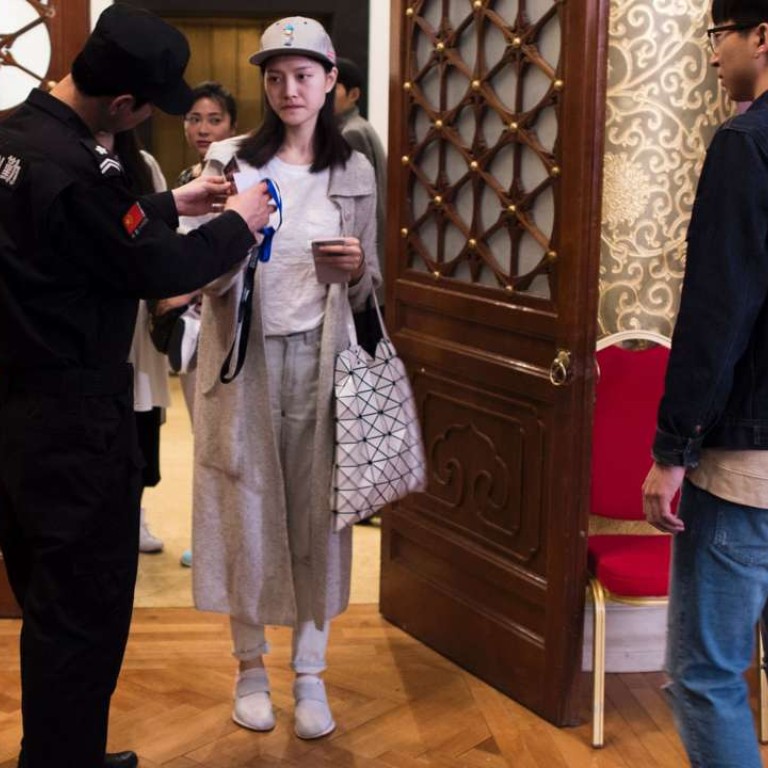
Hotels in China raise rates – and ire – despite lower taxes
VAT reform designed to lift burden on businesses, finance minister insists
A value-added tax system that kicks in across China on May 1 will save businesses at least 500 billion yuan (HK$597 billion) this year, marking the present administration’s “biggest tax cut move”, according to Finance Minister Lou Jiwei.
Global hotel chains in China, such as Starwood Hotels and Hyatt, had posted on their websites that the tax overhaul might result in customers having to pay extra charges, but Lou said in comments published in People’s Daily on Tuesday that such charges in the name of the tax reform were “groundless”.
“Price adjustments are hotels’ business decisions, but attributing the price rise to [the VAT reform] is absolutely groundless,” Lou was quoted as saying in a group interview with state media on Monday.
The reform – China’s most ambitious plan to retool its tax regime in 20 years – replaces business tax with a value-added tax. It will be extended to industries including construction, property development, financial services and accommodation.
But the move is expected to bring with it plenty of confusion, as in the case of the hotels.
The People’s Daily report, citing ministry and tax officials, said bigger tax deductions and relief from business tax would see most industries, including hotels, pay lower taxes after the VAT kicks in.
Yet, if a customer books a room to be occupied before May 1 through Hyatt Beijing’s official website, he would be subjected to only a 15 per cent surcharge including service and business taxes.
Bookings for rooms after May 1, on the other hand, would be charged an additional 6.9 per cent VAT charge on top of the existing 15 per cent surcharge.
On the website of Starwood Hotels, which manages global brands including Sheraton, Westin and St Regis, a reminder stating “VAT change effective May 1, 2016” shows up for all mainland room bookings from next month.
“Value-added tax will be implemented in China as of May 1, and the room charge and charges for other hotel services will be subject to VAT if VAT is in effect at the time such charges are charged”, the website states.
In a note published last month on the VAT reform, KPMG said the new system would be “among the broadest-based systems” in the world.
“By international standards, [the mainland’s schedule of ‘going live’ on May 1] is an extremely challenging time frame for both businesses and the tax authorities to successfully implement the VAT,” the note said.
Premier Li Keqiang has reassured businesses that the tax overhaul served only to lighten the tax burden of any sector affected by the change.
According to Lou, the VAT system’s pilot scheme that covered 5.9 million firms from 2012 to 2015, had already saved businesses some 641.2 billion yuan of taxes in all.
Next week’s full roll-out of the scheme will expand the number of firms covered to 11 million.

